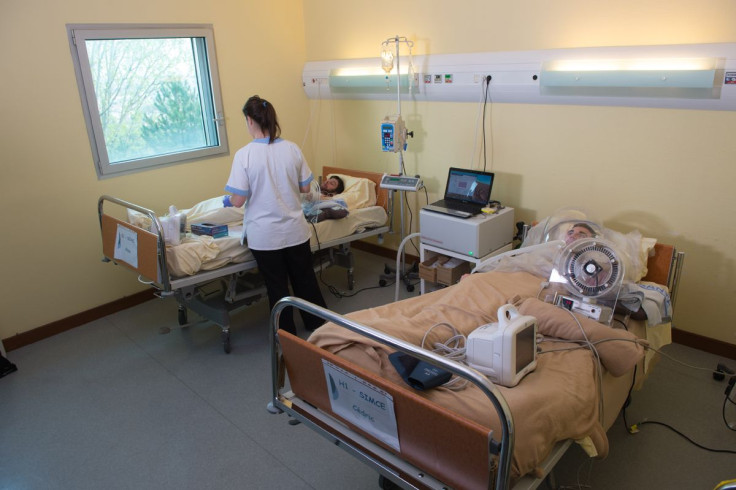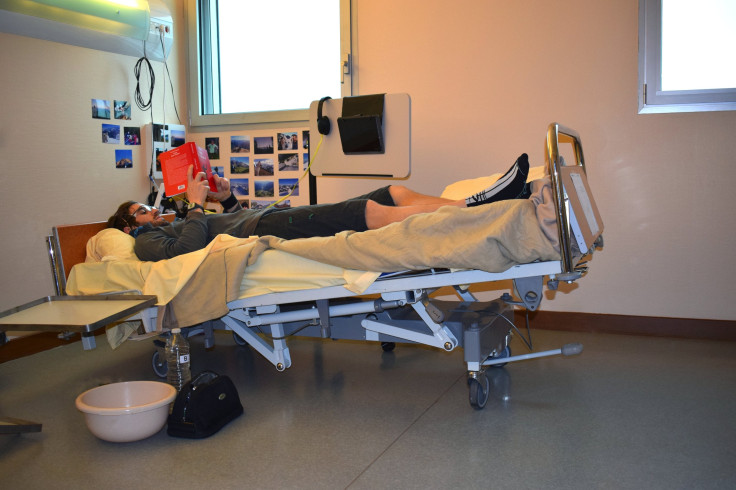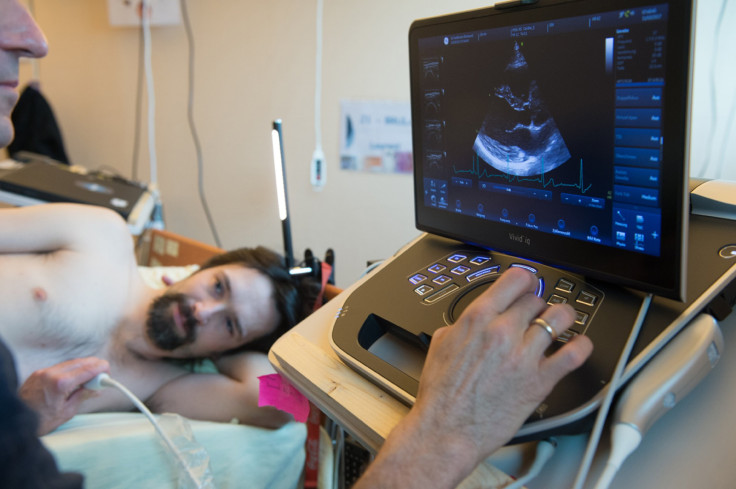Can A Vitamin ‘Super-Cocktail’ Combat Effects Of Lack Of Gravity In Space?

It has been over 56 years since Yuri Gagarin became the first human to go into space, and since then, hundreds of astronauts have followed in his footsteps, but there is still so much we don’t know about how the gravity-free environment of space affects the human body. This lack of knowledge is even more acute when it comes to long-duration stays in space, a prerequisite for any mission that takes us beyond the moon.
The European Space Agency (ESA) is conducting a 60-day study that began this week to test “a mix of antioxidants and vitamins that could help astronauts to combat the side effects of living in space,” according to a statement Thursday on its website. For the study, being run by the MEDES space clinic in Toulouse, France, 10 volunteers will spend the entire duration of the study lying in bed, with at least one shoulder on their beds at all times.
To simulate some of the bodily changes that astronauts experience in space, the volunteers will have the head-end of their beds tilted downward by six degrees, which will make blood and other fluids move to the head. Lying in bed constantly will also affect their muscles and bones.

ESA has conducted similar bedrest studies before (the last study of this kind, also for 60 days, was held from late January to early April), and the cocktail of antioxidants and vitamins being tested now was first suggested in 2011. A total of 15 experiments are being run concurrently this time, in which half the volunteers will act as the control group and not be given the cocktail.
To many, lying in bed may sound like an easy task but it becomes a serious strain on the body (to say nothing of the mind) when it goes on without a break for 60 days. Other than the lack of privacy involved in such an experiment — the volunteers are constantly monitored — and the biopsies and tests involved, there are significant issues in adjusting to normal life after being horizontal for two months.
“To help the subjects regain their fitness, experts from ESA’s astronaut centre in Germany, Cologne, will guide the participants through the same rehabilitation protocol that ESA astronauts follow when returning from the International Space Station,” the statement said.

“Bedrest studies are intense for everyone involved and require lots of preparation, but they offer a good way of testing the validity of new ideas before applying them to astronauts in space,” Jennifer Ngo-Anh, ESA’s head of human research for human spaceflight, said in the statement.
The next bedrest study by ESA will take place in partnership with NASA, and is scheduled for August 2018. It will take place at the DLR German Aerospace Center’s ‘:envihab’ facility next to the European Astronaut Centre in Köln, and over 60 days, “researchers will test the effectiveness of artificial gravity in combating the symptoms of weightlessness by spinning the subjects in a centrifuge while still in bed.”
NASA has been conducting its own studies to understand the effect of long-duration stays in space on the human body. Results are still awaited from the “twins study” experiment that saw astronaut Scott Kelly spent a year aboard the International Space Station while his twin brother Mark, also an astronaut, spent that time on Earth. Comparison of biological samples from both is expected to yield valuable information about how microgravity affects the human body.
© Copyright IBTimes 2024. All rights reserved.





















